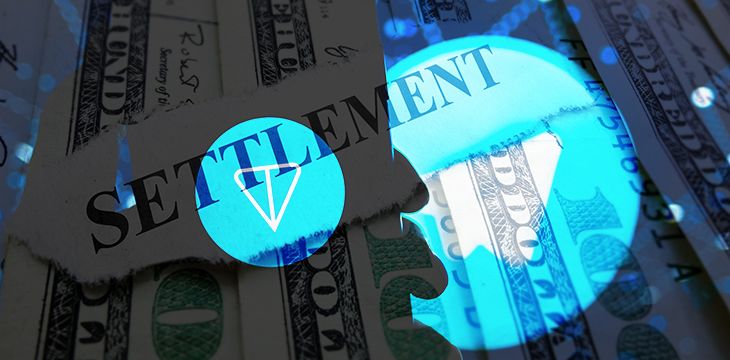|
Getting your Trinity Audio player ready...
|
Telegram’s feud with the U.S. Securities and Exchange Commission (SEC) is almost over. A final judgment filed on June 25 shows that the SEC and Telegram have reached terms of settlement over Telegram’s illegal securities sale, requiring Telegram to pay an $18.5 million settlement fee as well give ‘Gram’ token investors a 70% refund ($1.2 billion total) since the Gram token sale was an illegal securities sale.
Telegram’s troubles
Telegram has been fighting the SEC over its Gram token ICO since October 2019. Shortly after Telegram raised $1.7 billion in their Gram token ICO, the SEC pressed charges against Telegram for “violating the registration provisions of Sections 5(a) and 5(c) of the Securities Act.” In other words, conducting a securities sale in the United States without registering with the SEC.
Telegram and the SEC went back and forth in court until Telegram finally decided to stop pursuing a successful launch of their TON blockchain and the distribution of Gram tokens. On May 12, Telegram founder Pavel Durov announced that Telegram’s blockchain project—TON—was officially over and cited the United States court as the reason why.
Now, the legal battle is coming to an end. The final judgment requires Telegram to pay a civil penalty of $18.5 million to the SEC, give investors a 70% refund ($1.224 billion total) within three years, and requires Telegram to give the SEC a 45-day notice if they would like to attempt a token sale in the future.
Will Telegram try to launch again?
In Durov’s official statement, which he posted in his official Telegram channel, Durov says:
“We look forward to continuing to pursue our other projects and avenues for innovation, and we hope the regulatory environment for blockchain technology in the US becomes more favorable for others in the future.”
From Durov’s statement, we can assume that Telegram has more innovative products planned for the future, whether or not they involve blockchain is uncertain. However, given what Telegram has learned from their legal battle with the SEC, they will probably steer clear of making any of their offerings available in the United States until there is further legal clarification.

 02-28-2026
02-28-2026 




